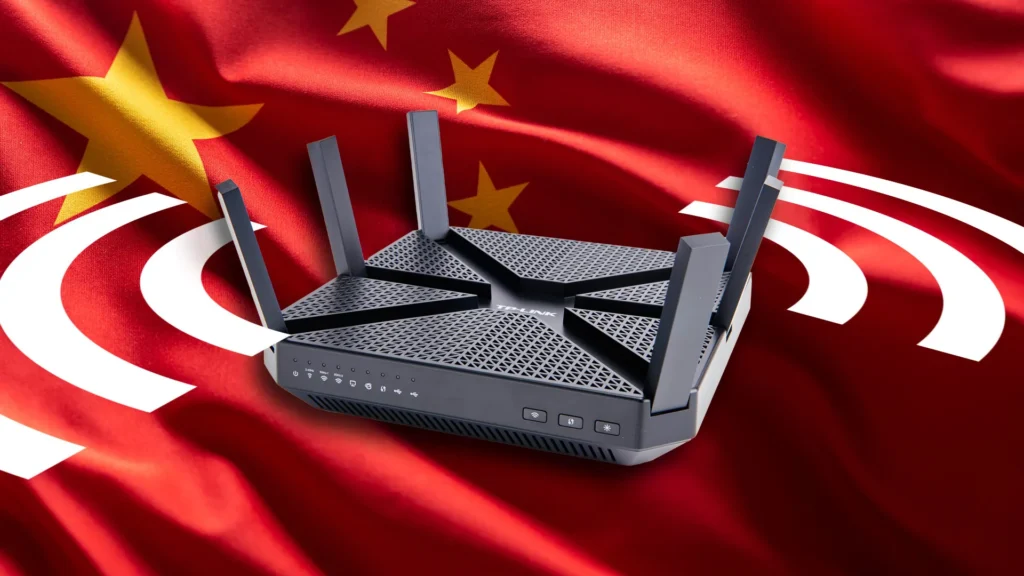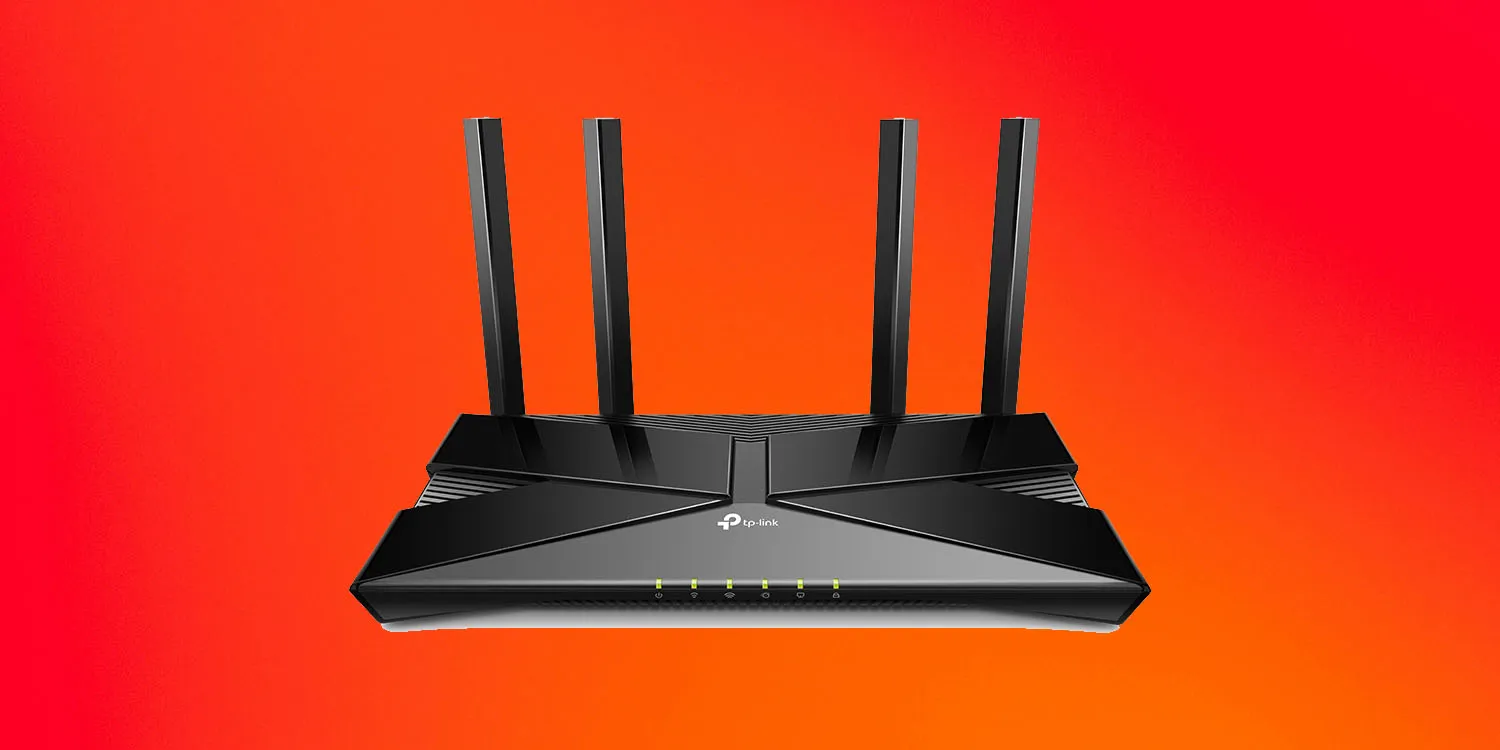
In what could spell significant changes for digital security landscapes across the United States, TP-Link, a leading provider of networking equipment, finds itself under intense scrutiny from U.S. authorities. Recent investigations point to potential national security threats associated with the Chinese-manufactured routers, which dominate a substantial portion of the U.S. market.

A Deep Dive into the Investigations
According to a detailed report by The Wall Street Journal, multiple U.S. departments including Commerce, Defense, and Justice have initiated investigations into TP-Link’s operations. The probe focuses on vulnerabilities that could potentially open doors for cyberattacks tied to Chinese interests. The Commerce Department has even gone as far as to subpoena the tech giant as part of their investigation—a move indicating serious concerns about the implications of continued use of TP-Link routers within critical infrastructures.
The concerns aren’t unfounded. TP-Link routers, renowned for their affordability, command about 65 percent of the market share in the U.S. for home and small business internet setups. This widespread usage includes installations within various federal government agencies, including the Defense Department, which makes the potential for security breaches all the more alarming.

Price Wars and Monopoly Concerns
Another angle of the ongoing investigation is centered around the pricing strategies employed by TP-Link. The U.S. Justice Department is looking into allegations that the company has been selling products below cost, which could be seen as an attempt to monopolize the market—a practice that is illegal under U.S. law.
Security Flaws and Official Responses
Adding to the controversy, in October, Microsoft disclosed a network of compromised network devices, predominantly manufactured by TP-Link, which were routinely targeted by a hacking campaign believed to be linked to the Chinese government. Despite these alarming revelations, TP-Link has been accused of failing to adequately address and patch known vulnerabilities in their products.
In response to these serious allegations, a spokeswoman for TP-Link’s California-based business unit stated that the company is committed to assessing and mitigating security risks. “We welcome any opportunities to engage with the U.S. government to demonstrate that our security practices are fully in line with industry standards, and to demonstrate our ongoing commitment to the U.S. market, US consumers, and addressing US national security risks,” she remarked.

Looking Ahead: Implications of a Potential Ban
The potential ban on the sale of TP-Link routers could have profound implications not only for the company but also for millions of American users who rely on these devices for their daily internet needs. As the situation develops, the incoming Trump administration may play a crucial role in deciding the fate of TP-Link’s operations in the U.S. market.
